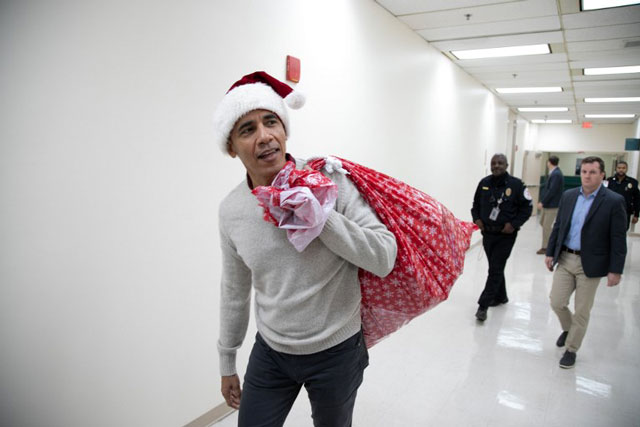

The Christmas season in the West has been marred by dogged inflation and rising insecurity. Many ordinary Americans and Europeans are facing financial difficulties and are unable to fully enjoy the holiday season. In the United States, concerns about inflation and economic conditions are impacting consumer spending. Mish Schneider, chief strategist at MarketGauge.com, highlights the cooling investor appetites and the slowdown in industrial manufacturing and transportation sectors. Despite these challenges, experts still predict that consumers will spend on holiday shopping, although they expect to purchase fewer gifts due to rising prices. Online shopping is projected to grow, but the labor market for holiday hires is cooler this year. The cost of living has increased, leaving many low-income households struggling. Homelessness has also increased, with the population of homeless people rising by 12 percent in 2023 [22ebd652].
Similarly, in Europe, rising living costs have put pressure on households, leading to budget cuts for Christmas expenses. Retailers in Germany are anticipating a weak Christmas shopping season, with sales predicted to fall 5.5% year-on-year. The high inflation rate in Germany is impacting consumers' purchasing power, leading to restricted budgets for gifts. Retailers may resort to price cuts and discount campaigns, but this is not a sustainable solution. The weak consumer sentiment and low private consumption are contributing to Germany's economic downturn, with the country on the brink of a recession. In addition to economic challenges, security incidents, including shootings and hate crimes, have cast a shadow over the holiday season. Gun violence in the United States has claimed over 42,400 lives this year, and hate crimes have increased due to the Palestinian-Israeli conflict. European authorities are on high alert due to the rise in anti-Semitic and Islamophobic attacks. The contrasting narratives of celebration and struggle during this holiday season highlight the ongoing challenges of inequality, hardship, and conflict [22ebd652].
Overall, the Christmas season in the West is characterized by economic difficulties and rising insecurity, dampening the holiday spirit. Inflation and economic conditions in the US and Europe are impacting consumer spending, with consumers cutting back on Christmas-related shopping due to the sharp increase in the cost of living. Retailers are offering discounts to attract customers, but the weak consumer sentiment and low private consumption are contributing to economic downturns in both regions. Additionally, security incidents such as shootings and hate crimes have further overshadowed the holiday season, highlighting the ongoing challenges of inequality and conflict [22ebd652].